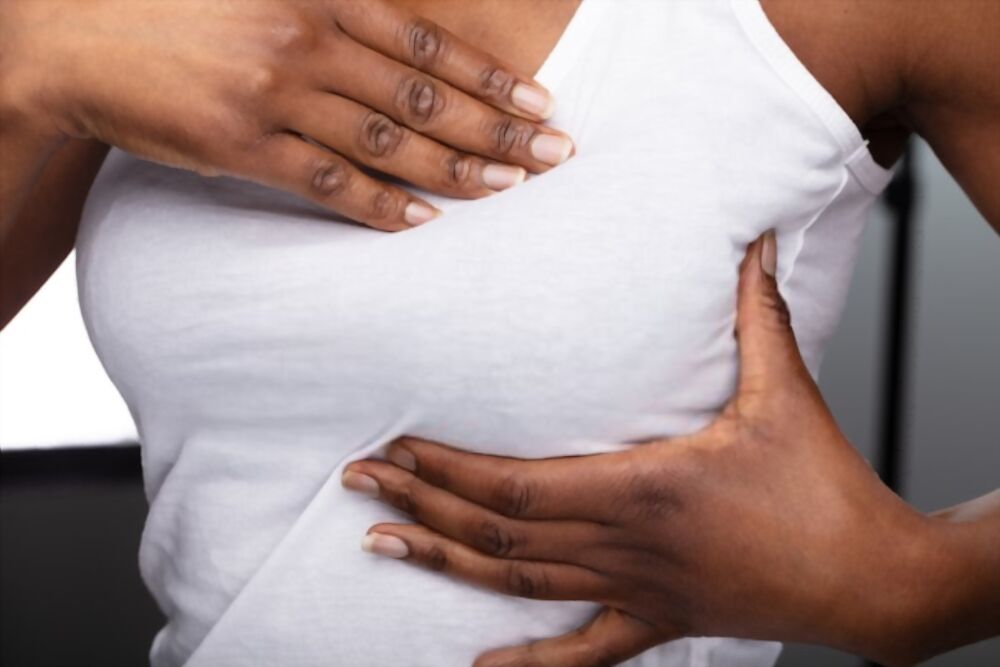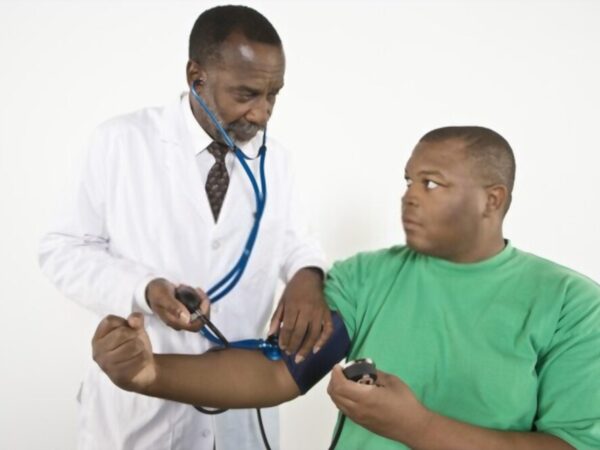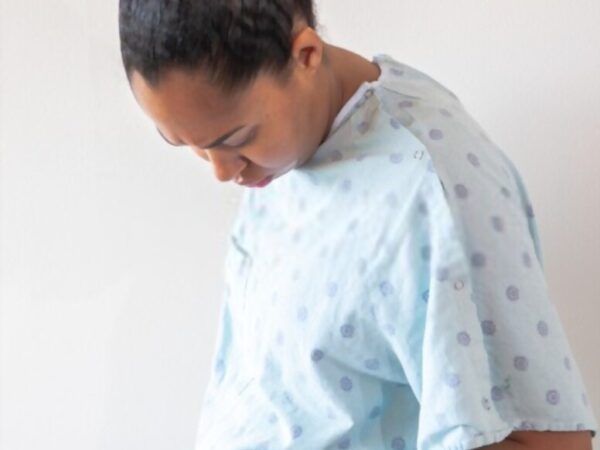
Written by Dr. Anuoluwa Bankole
I have a lump in my breast! My breast hurts! I’m having nipple discharge! …
These are some of the common breast problems women frequently have irrespective of their age group. The general perception is that all breast complaints are caused by cancer. Gladly, this is not true and we will be discussing some of these complaints in this article and what should be going through your mind when such symptoms occur.
BREAST LUMP
We will begin with the most common which is the breast lump as studies have shown that 42% of women who present to the hospital with breast problems have a breast lump. The best time during the menstrual cycle to check for a breast lump is 4 days after your period ends. For women under the age of 30 years, if a breast lump is felt before your period it may be due to hormonal changes and may resolve after your menstrual cycle. Most breast lumps in women below the age of 30 years are not malignant in nature. However, if the lump doesn’t resolve after your period you will likely need further testing. A breast ultrasound is preferable because of the dense breast tissue in younger women. A fine needle aspiration can also be done for cytology to find out what exactly is within the lump.
Women over the age of 30 years who find a new breast lump will need a diagnostic mammogram and usually an ultrasound as well. Lumps that appear chary on ultrasound or mammogram will need to be biopsied. Your doctor can then counsel you appropriately on the next steps to be taken depending on the result of the biopsy.
Benign breast lesions which are commonly found in the younger age groups are usually treated with an excision biopsy i.e. the lump is taken out and the breast tissue preserved. Malignant breast lesions on the other hand are treated depending on how advanced the disease is at the time of diagnosis. A breast conservation surgery or mastectomy can be done. Chemotherapy and radiotherapy are also treatment options which will be discussed with your doctor.
BREAST PAIN
Breast pain or tenderness is another common symptom experienced by women with a prevalence of approximately 40%. Against the popular opinion that only cancer causes breast pain. Many times the first symptom of breast cancer is not pain. It usually occurs when the cancer is already advanced and fungating. More commonly, breast pain occurs due to hormonal changes that occur during the menstrual cycle (cyclical breast pain). This pain comes when the woman is on her period and goes after the period ends. Traumatic breast injury can also cause breast pain which is non-cyclical in nature. Other likely causes may be costochondritis, fibrocystic breast change, chest wall pain and mastitis. If pain becomes very severe, whether cyclical or not visit the doctor for expert management.
Lactating mothers can also experience breast pain when the breasts are engorged or infected. To avoid this, mothers should be encouraged to express the breast when they are not breast feeding to prevent engorgement. Proper positioning of the infant should also be encouraged during breastfeeding. This technique is taught to mothers during antenatal clinics which is one of the numerous reasons why pregnant women are encouraged to attend antenatal clinics frequently.
INVERTED NIPPLES
Inverted nipples can be a natural finding in breastfeeding mothers and women were born with inverted nipples which sometimes becomes everted. On these 2 occasions, there is no cause for alarm. However, if you have an everted nipple that suddenly becomes inverted, it should be checked out by a doctor because it can be an early sign of cancer.
NIPPLE DISCHARGE
Nipple discharge accounts for 2-5% of all medical complaints but is also an important complaint to address. If you are having milky nipple discharge and you’re not a lactating mother i.e. first 2 years after giving birth to a child. You should get it checked by a doctor because various systemic disorders can cause this which include medications like antipsychotics and some antihypertensives, an abnormally inactive thyroid gland or a brain tumor (prolactinoma) which produces the hormone that causes breast milk production in excess. Clear or bloody discharge from the breast can be caused by different growths within the breast which may or may not be cancerous. Any non-lactating woman with nipple discharge should visit a doctor and get investigated.
BREAST SKIN CHANGES
Lastly, breast skin changes which could be on the breast or around the breast some of which cause itching, rash, puckering, sores, crusting, dimpling or change in colour. Although these changes can be a sign of serious breast diseases it is important to visit a doctor as it may be a dermatological condition like atopic dermatitis. Other common breast conditions like inflammatory breast disease and Pagets disease can cause skin changes on the breast.
Breast complaints are hardly emergencies. However, new breast complaints should be reported to the doctor as soon as possible. The problem can potentially worsen if examination is delayed by a few months. That one visit to the doctor may be all you need to make a difference. Book that appointment today!




